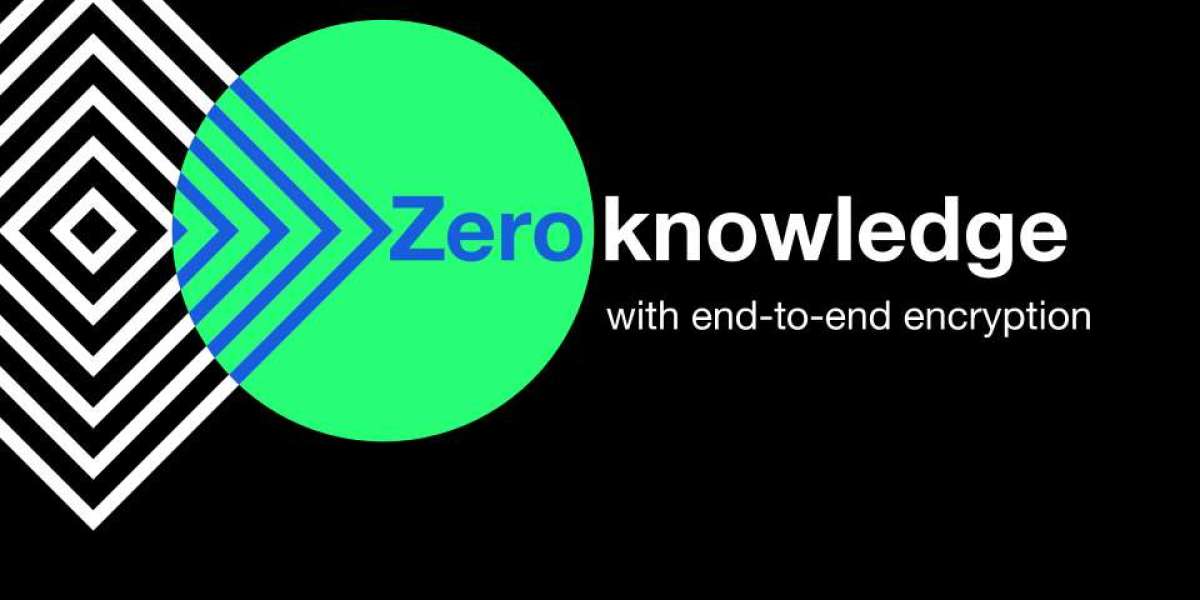The disruptive possibilities that have enabled security to have a new perspective have come each decade in the technological world. In the mid-2000s, it was the cloud. In the 2010s, it was blockchain. The quantum age of computing has arrived and cryptography is now more than ever being challenged.
Quantum computers have the potential to crack the cryptographic primitives used to protect modern digital systems as they have the huge processing capacity. Algorithms, like RSA or elliptic curve cryptography, that were thought to be unbreakable, might be superseded by machines running the Shor algorithm in a time that is reasonable.
The impending danger has a far-reaching impact on the blockchain industry. Every wallet, shopping and electronic signatures are based on encryption methods which might be decrypted within seconds through quantum power. The lack of action would lead to the failure of the whole security framework of the decentralized systems. That is why the creation of Post-quantum ZK (zero-knowledge) solutions can be discussed as one of the most important spheres of blockchain research today.
Post-quantum ZK (zero-knowledge) is more than an enhancement; it is a life-sustaining mechanism. It introduces an avenue of rendering Web3 blockchain privacy and authentication systems quantum-resistant without compromising verifiability or trustlessness.
Theses on the Core of Post-quantum ZK Security
One must first comprehend what zero-knowledge cryptography provides before finding the innovation of Post-quantum ZK (zero-knowledge) fascinating. To put it simply, a Zero Knowledge Proof is a way for one of the parties to prove that it knows something yet not show the thing itself. The framework offers privacy-testing verification, which is essential in the current blockchains where transparency may be in contradiction with confidentiality.
Nonetheless, the vast majority of available zero-knowledge systems, even the standard ones, are built on cryptographic assumptions which can be attacked by quantum attacks. Post-quantum ZK (zero-knowledge) is a novel type of algorithms based on quantum-resistant mathematical issues, including most of which are based on lattice-based cryptography and hash-based commitments. These systems can not be easily solved even by quantum computers, which offers high security.
Post-quantum ZK (zero-knowledge) can be used to guarantee privacy in post-quantum transactions, decentralized identities, and smart contracts. By enhancing trust in blockchain, it provides security of verification operations, despite the weakening of conventional cryptography.
Two Reasons Why zk crypto is the Next Frontier of Defense
Post-quantum ZK (zero-knowledge) is a trend that is associated with the emergence of the name zk crypto, which can be used to describe digital objects and algorithms, which are built on the basis of zero-knowledge technologies and depend on the integrity of the zero-knowledge proofs.
Projects need to be transitioned to post-quantum architectures as quantum computing becomes a part of reality, or they will become obsolete. zk crypto ecosystems are compatible and safe with Post-quantum ZK (zero-knowledge) constructs. To give one example, developers can construct bridges between zk crypto, identity systems, and DeFi protocols that are resistant to quantum decryption and still enjoy the privacy advantages of traditional zero-knowledge designs.
Outside the field of security, zk crypto can support Post-quantum ZK (zero-knowledge), and serves other vital economic purposes: keeping trust in long-term digital assets. Investors and institutions prefer those ecosystems that may offer them a decade of resilience. In such a way, post-quantum security has technical and financial benefits.
The Race to Quantum Resistant Blockchain Systems
Quantum-safe blockchains are being developed by academic and industry projects. Post-quantum ZK (zero-knowledge) is being considered as a consensus algorithm layer, wallet encryption, and smart contract verification. This does not only entail creation of new cryptography, but also retrofitting the existing blockchains which are already protecting billions of dollars with post-quantum strength.
One of the issues is efficiency. The proofs generated by post-quantum cryptography are usually larger, and take longer to verify than classical cryptography. There are emerging hybrid models that have Post-quantum ZK (zero-knowledge) systems that are typically combined with classical layers until the quantum threat is detected.
Such a shift will enable developers to develop flexible protocols by incorporating Post-quantum ZK (zero-knowledge) modules into the blockchains of the future without impacting current performance. In the meantime, zk crypto ecosystems are creating new standards of tokens and interoperability layers to ensure that post-quantum primitives can communicate with already existing smart contract platforms. These efforts expand cryptographic custodianship, which guarantees safety, confidentiality, and effectiveness in a decentralized ecosystem.
Economic Implications of Post-Quantum Security
Quantum computing is bound to have an impact on the global economy. Quantum-safe infrastructure is already being invested by financial institutions, governments and technology providers. It is also particularly important to the blockchain industry which is based on permanence. Records can be invalidated, user trust undermined and DeFi ecosystems destabilized by compromised encryption or keys leaked.
Future-proofs Digital ledgers with post-quantum ZK (zero-knowledge). It ensures privacy and integrity of records stored on the chain. Sustainable and stable digital finance is created through ecosystems that integrate zk crypto and post-quantum solutions. The blockchain networks of this future are not only decentralized, but they are also mathematically verifiable, quantum-secure and globally interoperable.
In the long term, sensitive data, such as identity credentials and supply chain data, may be stored safely in governments and companies against quantum attacks. This is a multi-sector trust layer that is based on cryptographic assurance, and not centralized control.
Conclusion
The creation of Post-quantum ZK (zero-knowledge) is a game changer in the development of blockchain. It accepts the fact that the next significant danger to security will not be hackers, but physics itself. With the development of quantum computing, current blockchain systems have to evolve to mathematically unbreakable schemes.
Post-quantum ZK (zero-knowledge) ensures anonymity and irreversibility of the decentralized economy, which is a mix of zero-knowledge proof privacy and quantum-resistant algorithms. Under the zk crypto, this new protocol layer guarantees both innovation and security improvement.








